Keynote Speakers
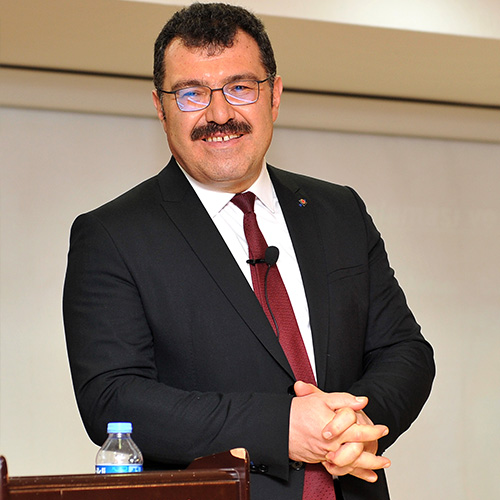
Prof. Dr. Hasan MANDAL
Prof. Hasan MANDAL was born in Eskişehir in 1965. He received his bachelor’s degree in Metallurgical Engineering at Middle East Technical University in 1987 and his PhD degree from Newcastle University, United Kingdom in 1992. He completed his post-doctoral studies at Newcastle University, United Kingdom during 1992-1994, and at Karlsruhe University, Germany in 1997-1998.
In 1994, he started his academic career as an Assistant Professor in the department of Ceramic Engineering at Anadolu University. He achieved Associate Professor status in 1996 and tenured Professor status in 2001. Prof. Hasan Mandal has more than 140 published studies, 70 of them are published in SCI journals, as well as 6 international patents. He has an H-index of 16 and has been cited approximately 1200 times. He was assigned as the President of The Scientific and Technological Research Council of Turkey (TUBITAK) on February 22, 2018, appointed as a member of the Science, Technology and Innovation Policies Council on October 8, 2018 and he has assumed the duty of acting president on November 1, 2018. He was elected as the board member of the Council of Higher Education on April 27, 2019.
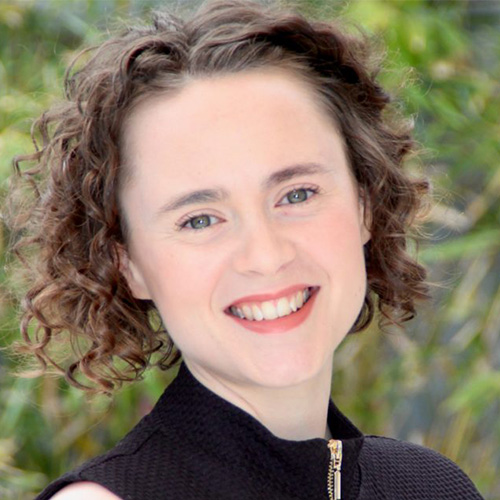
Dr. Denis Bauer
Group Leader Transformational Bioinformatics Group, Project Leader Cloud-based Genomic Services, Commonwealth Scientific and Industrial Research Organisation (CSIRO), Canberra, Australia
Dr. Denis Bauer is an internationally recognised expert in machine learning, specifically in processing big genomic data to help unlock the secrets in human DNA – secrets that could change the course of human history. Her achievements include developing an open-source, artificial intelligence-based search engine that helps researchers pinpoint the exact genes they need to study or edit to cure disease. She is transformational bioinformatics leader at CSIRO, Australia, and adjunct associate professor at Macquarie University. At CSIRO, she is involved in Australian and international initiatives to integrate genomics into medical practice. Her revolutionary achievements have been featured in international press such as GenomeWeb, ZDNet, Computer World, CIO Magazine, the AWS Jeff Barr blog, and was in ComputerWeekly’s Top 10 IT stories of 2017.

Prof. Dr. Alexandre M.J.J. Bonvin
Professor, Universiteit Utrecht/ Scientific Director Bijvoet Centre for Biomolecular Research, Utrecht, Netherlands
Alexandre Bonvin (1964) studied Chemistry at Lausanne University, Switzerland and obtained his PhD at Utrecht University in the Netherlands (1993). After two post-doc periods at Yale University (USA) and the ETHZ (CH), he joined Utrecht University in 1998 where he was appointed full professor of computational structural biology in 2009. In 2006, he received a prestigious VICI grant from the Dutch Research Council. He was director of chemical education from February 2009 until February 2012 and vice head of the Chemistry Department from 2010 until April 2012. He is participating in several EU projects including the BioExcel Center of Excellence in Biomolecular Simulations and the European Open Science Cloud Hub project. His work has resulted in over 225 peer-reviewed publications.

Dr. Pawel Suwinski
Clinical & Molecular Geneticist/Bioinformatician at Swansea University, MYGENICS Sdn. Bhd., Kuala Lumpur, Malaysia
Dr. Pawel Suwinski is a medical professional with extensive knowledge and experience in clinical genomics, bioinformatics, healthcare informatics and economics. He is currently working with Malaysian Genomics Resource Centre Berhad as a clinical geneticist and medical bioinformatician. Prior to MGRC, he was a Principal Consultant with the Frost & Sullivan Asia Pacific, leading Healthcare Practice Division that focused on monitoring and analysing healthcare and life sciences emerging trends, technologies and market behaviour.

Prof. Dr. Chris Oostenbrink
Head of Institute of Molecular Modeling and Simulation, University of Natural Sources and Life Sciences, Vienna, Austria
Chris Oostenbrink is a professor at the University of Natural Resources and Life Sciences in Vienna and heads the Institute of Molecular Modeling and Simulation. He has published more than 100 peer-reviewed papers involving computational approaches to describe complex biomolecular systems. His main research interests are the structure and function of complex biomolecular systems, through molecular simulations and the accurate description of molecular interactions.
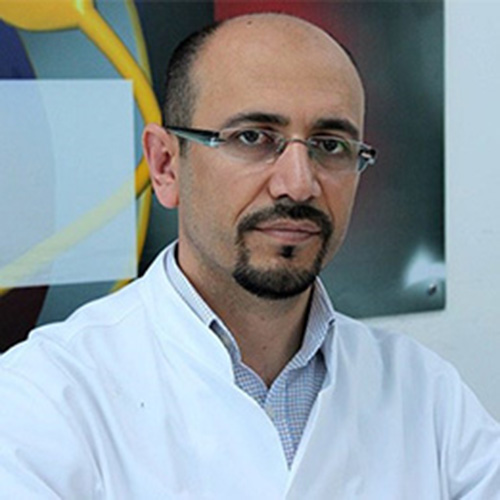
Prof. Dr. Serdar Durdağı
Professor, Department of Biophysics, School of Medicine, Bahcesehir University, Istanbul, Turkey
The Research Group of Dr. Durdağı (Durdagi Lab) applies computational chemistry methods to biological systems. Inter-disciplinary research of the group focuses on protein modelling and dynamics, ligand- and structure-based drug design, investigation of molecular mechanisms of protein/drug and protein/protein interactions and optimizations protocols for rational drug design. For this aim, together with applications of molecular modelling tools such as homology modelling, 3D-QSAR (quantitative structure-activity relationships), molecular docking, molecular dynamics (MD) simulations combined with post-processing analyses, cheminformatics, Monte-Carlo simulations, loop modelling, de novo drug design, ADME/Tox; Dr. Durdağı also develops programming codes for several biological problems.
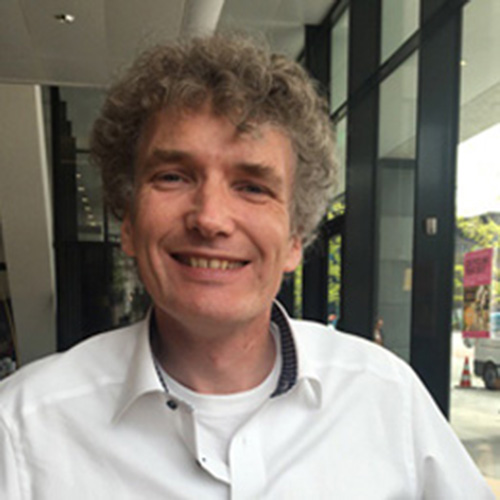
Dr. Anton Feenstra
Assistant Professor, Faculty of Science, Bioinformatics, Vrije Universiteit Amsterdam, Netherlands
Dr. K. Anton Feenstra is an Assistant Professor who is currently a member of the Bioinformatics Department of Vrije Universiteit, Netherlands. He has been working on several things such as modelling of signalling pathways and regulatory networks using Petri-net, a logical modelling formalism from Theoretical Computer Science, and analyzing and predicting protein-protein interactions from sequence information, using coarse-grained and/or automated protein homology models. He also participated in a rationalizing and predicting stereo specificity of mutant enzymes using molecular dynamics simulations, essential dynamics analysis, homology building, automated docking procedures and free energy calculations at Vrije Universiteit Amsterdam.
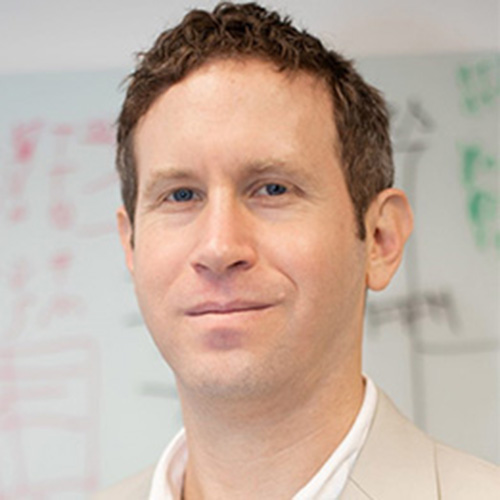
Dr. Yuval Itan
Assistant Professor, Icahn School of Medicine at Mount Sinai, New York, US
Dr. Yuval Itan is an Assistant Professor in the Department of Genetics and Genomic Sciences and a core member of The Charles Bronfman Institute for Personalized Medicine, at the Icahn School of Medicine at Mount Sinai in New York City.
The main focus of the Itan lab is investigating human disease genomics for enhancing precision medicine, by developing new computational methods to detect disease-causing mutations and genes in next-generation sequencing data of patients, and by performing cases-controls studies of patient cohorts to identify new genetic etiologies of human diseases.
The Itan lab applies and combines diverse approaches across computer science and biology, including machine learning, natural language processing, bioinformatics, statistical genomics, modellings and simulations, and population genetics.
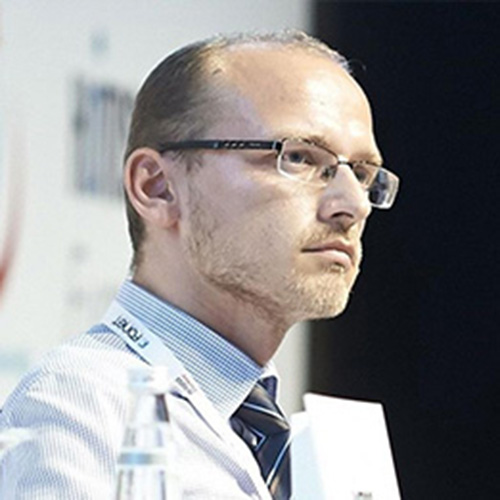
Dr. Tunahan Çakır
Associate Professor, Computational Systems Biology Group, Department of Bioengineering, Gebze Technical University, Kocaeli, Turkey
Dr. Çakır has received his B.Sc, M.Sc and Ph.D degrees from Department of Chemical Engineering at Bogazici University, Istanbul. His Ph.D thesis research mainly involved integrative analysis of omics data (metabolomics and transcriptomics) and metabolic networks, and it was partly a collaborative project with Prof. Jens Nielsen. For his post-doctoral project at the Biosystems Data Analysis Group (University of Amsterdam) and at the Department of Metabolic and Endocrine Diseases (University Medical Center Utrecht), Dr. Çakır worked on the inference of underlying metabolic network structures from metabolome data.
Currently, he is a group leader in the Computational Systems Biology group at the Department of Bioengineering in Gebze Technical University, TURKEY. Additionally, he is one of the co-founders of the start-up company PHI Tech Bioinformatics since 2013. He is acting as a reviewer, among others, for journals Bioinformatics, Molecular Omics, Plos Computational Biology. Moreover, he is an advisory board member of the journal Molecular Omics, published by Royal Society of Chemistry, as of September 2015. He is a recipient of the 2015 GEBIP (Young Scientist Outstanding Achievement Award) award by the Turkish Academy of Sciences (TUBA) and the Research Incentive Award by METU Prof. Mustafa Parlar Foundation (2017).
